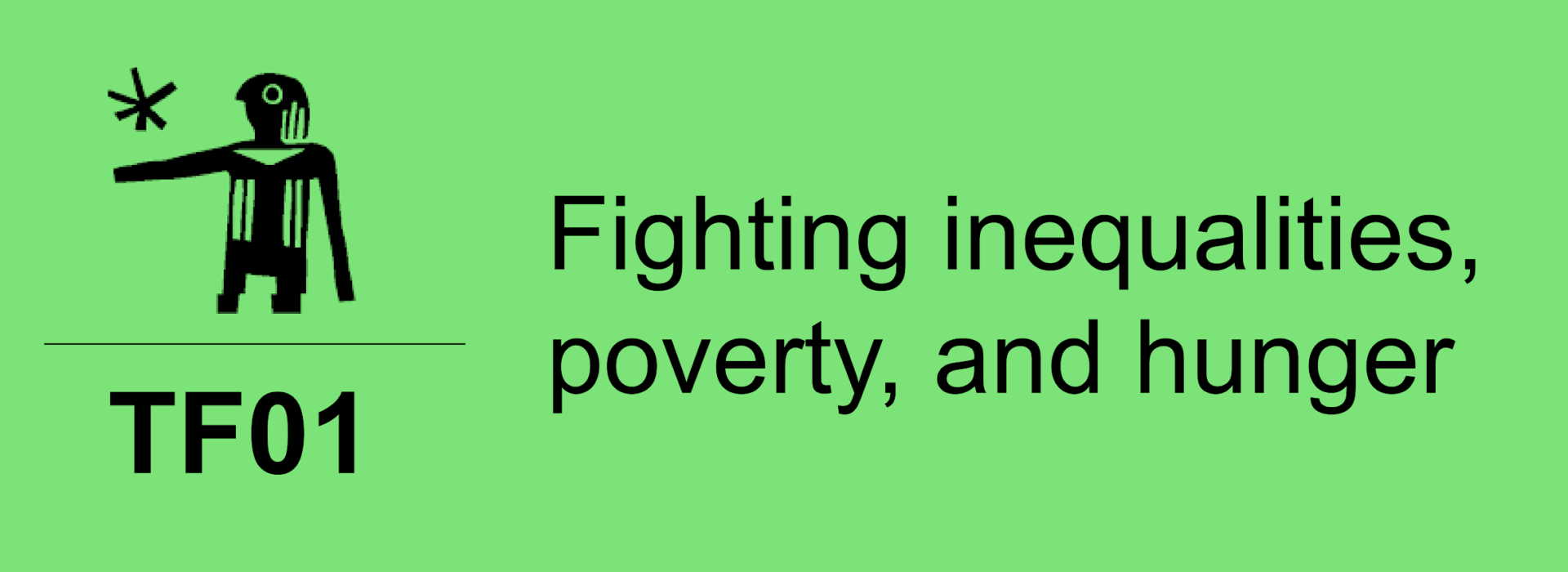Chronic hunger, food insecurity and poor nutrition are pervasive global issues affecting children, adolescents, women and the elderly. Approximately 9.2% of the world’s population are in a state of chronic hunger. In 2022, 148 million children had stunted growth, 37 million children were overweight, 45 million under the age of five were affected by wasting. These issues are gendered, for e.g.150 million more women are food insecure than men in the world. Fighting inequalities, poverty and hunger is one of G20’s priorities under TF1, especially as overcoming these challenges will advance the SDGs. Studies reveal that social protection programs can play a vital role in improving nutrition and livelihoods. But they do not factor the intrinsic link between food insecurity and gender inequality. Research at the intersection of social protection, its impact in furthering gendering the role of care in households and the consequent impact on nutritional challenges remains a blind spot. This brief aims to highlight the role of women in care provision to emphasize that a gender-differentiated and care-integral lens in social protection programmes (Chopra, 2014) is necessary to address the issues of food security and nutrition. This is because while care provision in households is one of the underlying determinants of nutritional status and hunger of both women and children, this very care provision is gendered in a way that disadvantages women and girls. The resultant crisis of care (growing demand and reducing supply) has acute effects for women from poorer and fragile country contexts, and those marginalized at the intersection of caste, class, ethnicity – leading to depletion of both their physical and mental health (Chopra and Krishnan, 2022). This brief recommends that social protection programmes take an intersectional perspective to women and girls differentiated needs, especially through a) making care integral to these programmes, b) countering gender norms on care, and c¢) linking to other sectoral policies and programmes, especially health, education and transportation sectors that have a direct bearing on women and girls’ care responsibilities. Research and evaluation of social protection programmes should also measure and understand their impact on women and girls’ care responsibilities.
Register for Updates
Would you like to receive updates on the Global Solutions Initiative, upcoming events, G7 and G20-related developments and the future of multilateralism? Then subscribe here!
1 You hereby agree that the personal data provided may be used for the purpose of updates on the Global Solutions Initiative by the Global Solutions Initiative Foundation gemeinnützige GmbH. Your consent is revocable at any time (by e-mail to contact@global-solutions-initiative.org or to the contact data given in the imprint). The update is sent in accordance with the privacy policy and to advertise the Global Solutions Initiative’s own products and services.









